Neon Genesis Evangelion has inspired no shortage of imitators, but few are more deserving of the title of its true successor than Darling in the Franxx. With the latter just celebrating its seventh birthday, it's a perfect time to remember it and give it a watch. Like Neon Genesis Evangelion, Darling in the Franxx is a series made to be argued with; the more issue one takes with it, the more its questions embed themselves.
In other words, both series exist to get inside viewers' heads. There are countless surface-level similarities between Neon Genesis Evangelion and Darling in the Franxx, and there are even legitimate reasons to have pause about the latter. In spite of all that, Darling in the Franxx is a wonderful effort that still commands (and demands) viewers' attention today. Darling in the Franxx has spawned its own anime progeny, and its influence is crucial to understand.
Darling in the Franxx Has Always Been Awash in Controversy
From Day One, Darling in the Franxx Has Never Caught a Break
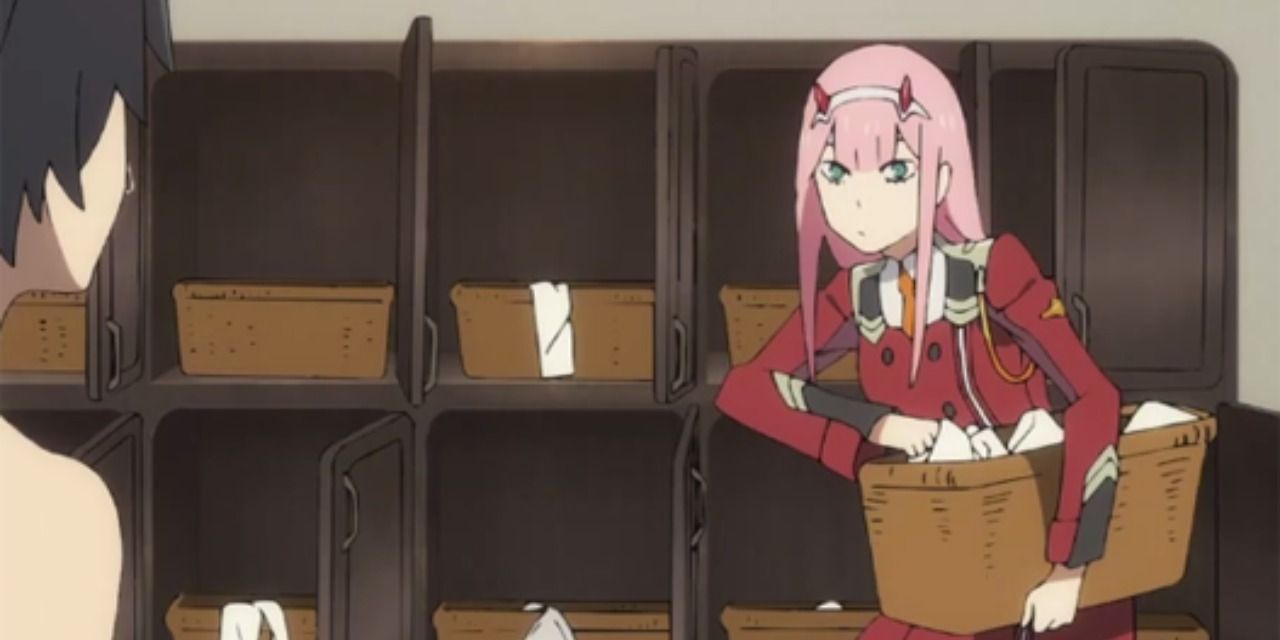
In January 2018, Darling in the Franxx premiered. The series was a collaborative effort of multiple big-name studios—A-1 Pictures (Black Butler, Your Lie in April), Studio Trigger (Gurren Laggan, Kill la Kill), and CloverWorks (Spy x Family, My Dress-Up Darling)—and would spawn a manga based on the original animation. From the get-go, Darling in the Franxx was divisive, at times facing accusations of derivation. Although it's a beautiful masterclass in animation, it never quite attained the level of serious interpretive energy a series like Eva could secure.
Darling in the Franxx centers around children who are separated from adult society in a world where immortality and neutered anatomies are considered the chief prerogative. The few children who do manage to spring forth are segregated and forced to pilot mechas. On the surface, Darling in the Franxx might seem to share a lot with introspective mecha anime like Neon Genesis Evangelion—but from that perspective, it's too easy to think Darling is a lesser imitation.
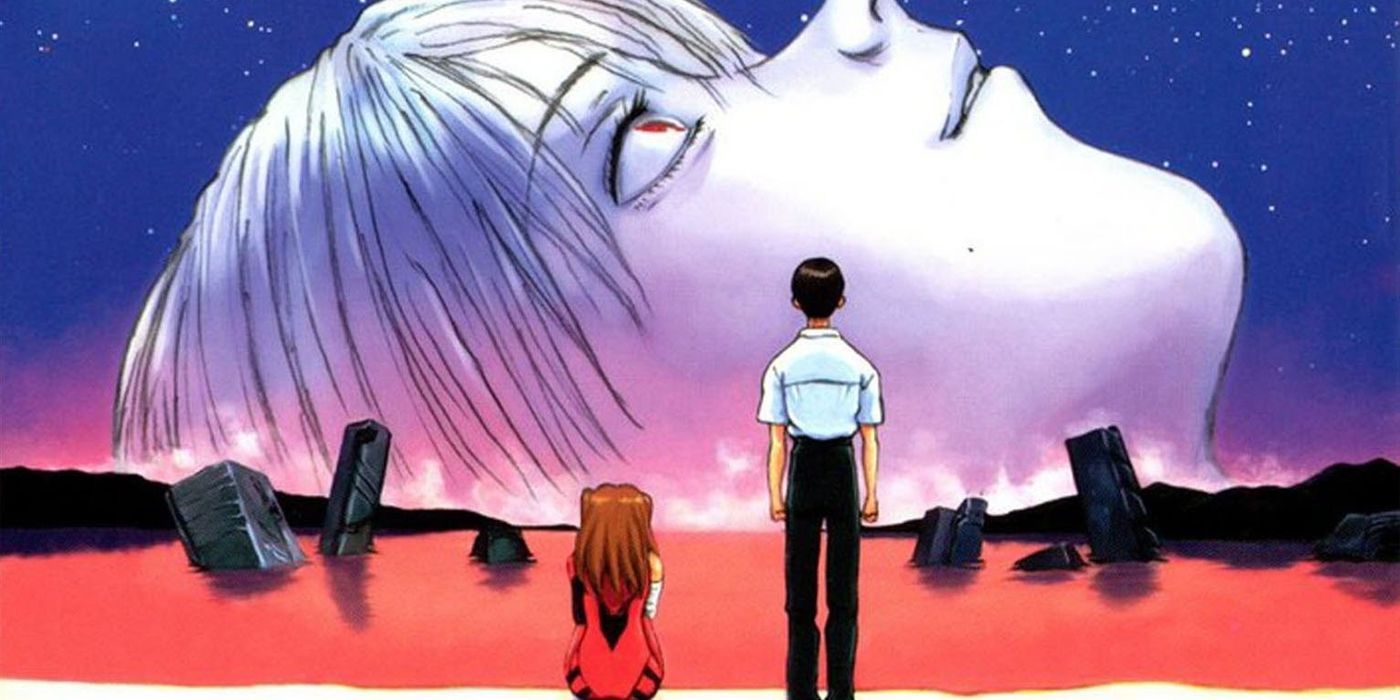
Related
Every Neon Genesis Evangelion Ending Explained
Neon Genesis Evangelion is notorious for having one of the most opaque and difficult to understand endings of all time, but what's really going on?
This dystopian future would seem a far cry from the psycho-gnostic symbolism of Evangelion, and Darling has been criticized for not achieving its full potential. It's been widely accused of having a bad second half and losing focus. However, Darling is just as worthy of a watch as its most frequently compared inspiration. The similarities and differences run deep, and they can be thought-provoking in their own right.
Mecha Mechanics Show Just How Different Darling and Evangelion Are
The Comparison Misses a Critical Distinction
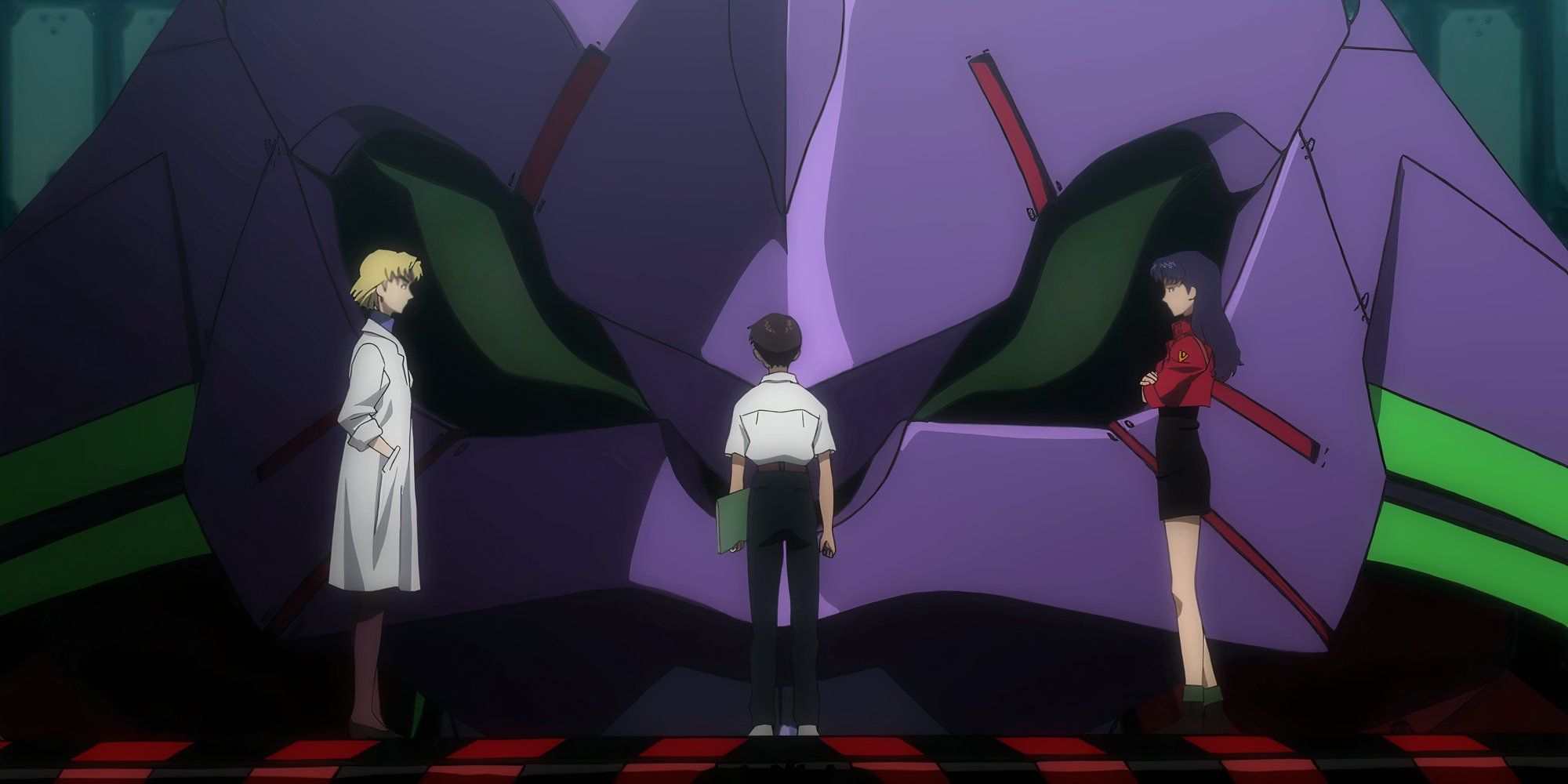
Neon Genesis Evangelion and Darling in the Franxx both deal with seriously heavy themes in ways that are easily taken for granted. In both Evangelion and Darling in the Franxx, only children pilot mechas. But that's a shallow interpretation. At risk of sounding pretentious: think about the different ways the mechas operate. In Neon Genesis Evangelion, the HCL fluid that surrounds the pilot has a metaphorical function like amniotic fluid, and the connection between the pilot and the Eva unit is much like an umbilical cord. The mecha is the mother.
This metaphor can span out even further, too. The mother Eva unit can reject or be incompatible with the pilot; its amniotic fluid replaces oxygen and sustains the pilot accordingly. The idea of compatibility runs deep in Eva, and a threat to the mother is a threat to the child. An invading angel violently penetrates the mother in a deeply Freudian (even directly Oedipal) gesture. The damage threatens to disrupt the connection between the "mother" and "child", and the "mother" is literally the medium and scene of the conflict between the pilot and the threatening invader of the angel (who thus stands in as the Oedipal father).
In Eva, in other words, the mecha is the site of the "generated"; it reflects not conception itself, but the conceived. Darling flips this on its head. Its mechas have two pilots, and they occupy sexual positions. It's an obvious allusion to the act of conception, rather than the coded symbolism of conception's product found in Eva. Some viewers are turned off by the overt sexuality on display in series like Darling or even Evangelion, but considering the psychoanalytic layers at play, it's also crucial to consider them in light of the broader points either series tries for.
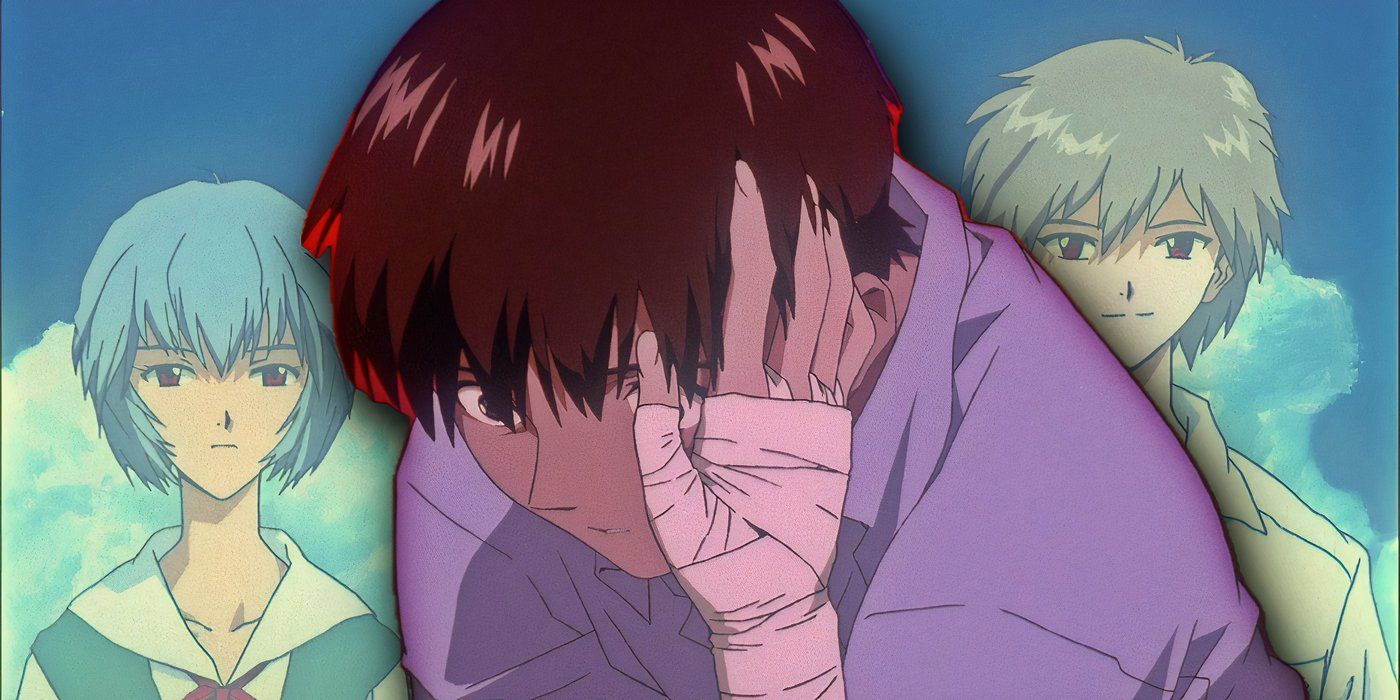
Related
Neon Genesis Evangelion's Real Ending Is One Of The Darkest Anime Films Ever, & It Actually Changed Me For The Better
Evangelion has multiple endings, though 1997's The End of Evangelion did it best, and it stands out for being the darkest even in a bleak franchise.
The broader points of Darling are where things get a bit sticky. It carries forward its habit of being on the nose with its central themes, especially in comparison to Evangelion. If one accepts the Freudian reading of Eva and the mother-child analogy of piloting an Eva—and it becomes very evident that this sort of reading is the intention, as the story presses on—then the goal of psychoanalysis, in addressing and resolving the conflicts that emerge during childhood, is literally the dynamic on which Evangelion's world hinges.
Full resolution, self-acceptance, and psychological health are the grand conclusion in Evangelion's original ending, and an equally thick, unintuitive conclusion is apparent in End of Evangelion. Where critical to Eva's themes is the working-out of Freudian psychodynamics as they're present in the conceived, Darling's dystopian world focuses on the literal act of conception as the path to salvation.
Despite Its Problems, Darling in the Franxx Is Still A Must-Watch 7 Years Later
Darling in the Franxx Isn't a Perfect Series, but It Still Deserves Attention After All This Time
Many viewers have noted that, in light of previous Prime Minister Shinzō Abe's birthrate rhetoric, this can leave a sour taste. Some have even said that Darling in the Franxx is explicitly political propaganda in service of a focus on birthrates that, at least in the case of Japan, has a notably nationalistic (and even homophobic) bent. While there's little evidence to directly support that conclusion, it still bears mentioning.
At the end of the day, it's easiest to conclude that Darling is supposed to be challenging.
Even if one forgets that troubling background for a moment, Darling in the Franxx still has to face up to some of the stronger criticism about its storytelling. Gorgeous animation can only carry it so far, and if one watches the series carelessly, it's easy not to take a lot from it. However, just like Evangelion before it, the best way to enjoy Darling in the Franxx is not to take it at face value. Taken at face value, it can be a self-certain slog with heavy-handed messages. It's capable, though, of being more—which is the biggest lesson it took from its much subtler progenitor.
At the end of the day, it's easiest to conclude that Darling is supposed to be challenging. It's an overt expression of sexuality's potential and a love letter to sexuality and unions between individuals. That doesn't mean that the love letter is always well-written, nor does it mean that the contents of the love letter are valuable in themselves. Along the way, it finds time for an intricate exploration of identity and the different shapes love can take. Darling in the Franxx has more to say than people give it credit for.
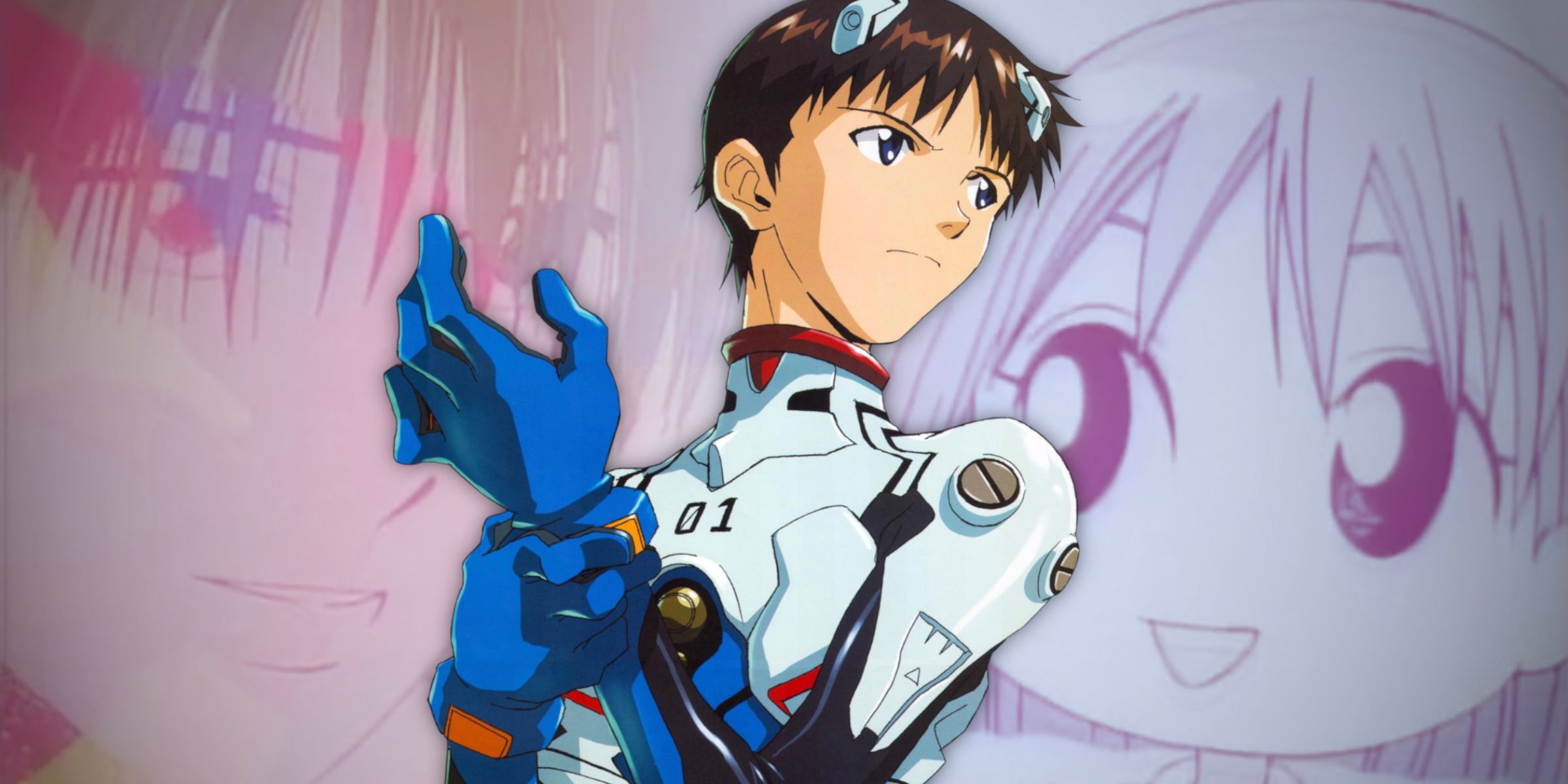
Related
Neon Genesis Evangelion Has a Famously Wild Ending, But It Has Nothing on One '90s Anime
Reception of Neon Genesis Evangelion's finale has always been mixed (to say the least), but Anno topped himself with one unexpected adaptation.
In fact, Darling deserves props for its willingness to put its romances front and center. Just like Evangelion focuses on the individual and their relationship with the world, Darling focuses on how two individuals can be seamlessly integrated with one another and share a relationship with the world. It's been seven years since Darling in the Franxx came out, and it's one of the only series that comes close to being as thought-provoking and challenging as Neon Genesis Evangelion—if only viewers allow it to be.
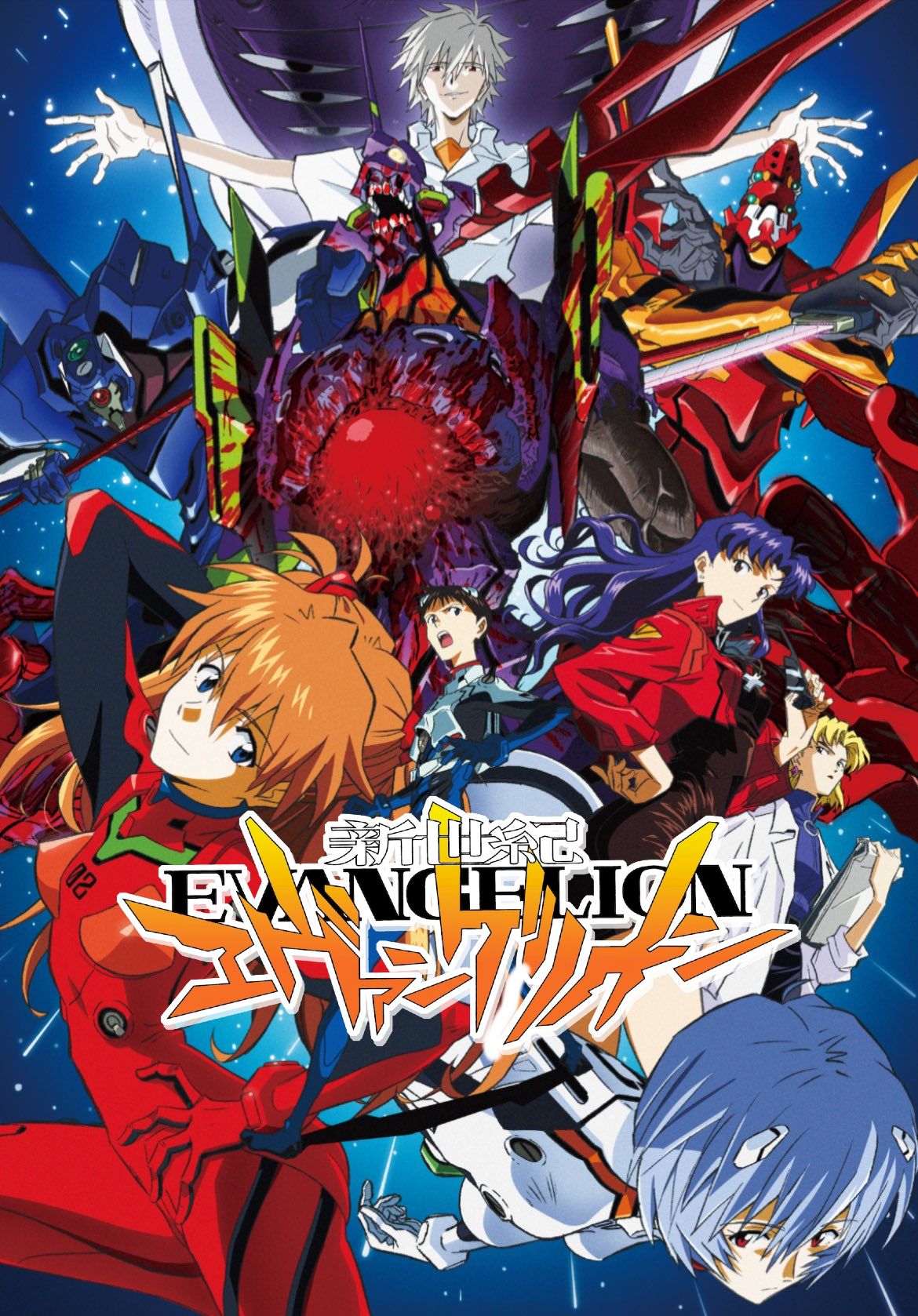
Neon Genesis Evangelion
Created by Hideaki Anno
First Film Neon Genesis Evangelion: Death & Rebirth
Character(s) Shinji Ikari, Rei Ayanami, Asuka Langley Soryu, Toji Suzuhara, Kaworu Nagisa, Mari Illustrious Makinami, Gendo Ikari, Misato Katsuragi
Video Game(s) Neon Genesis Evangelion

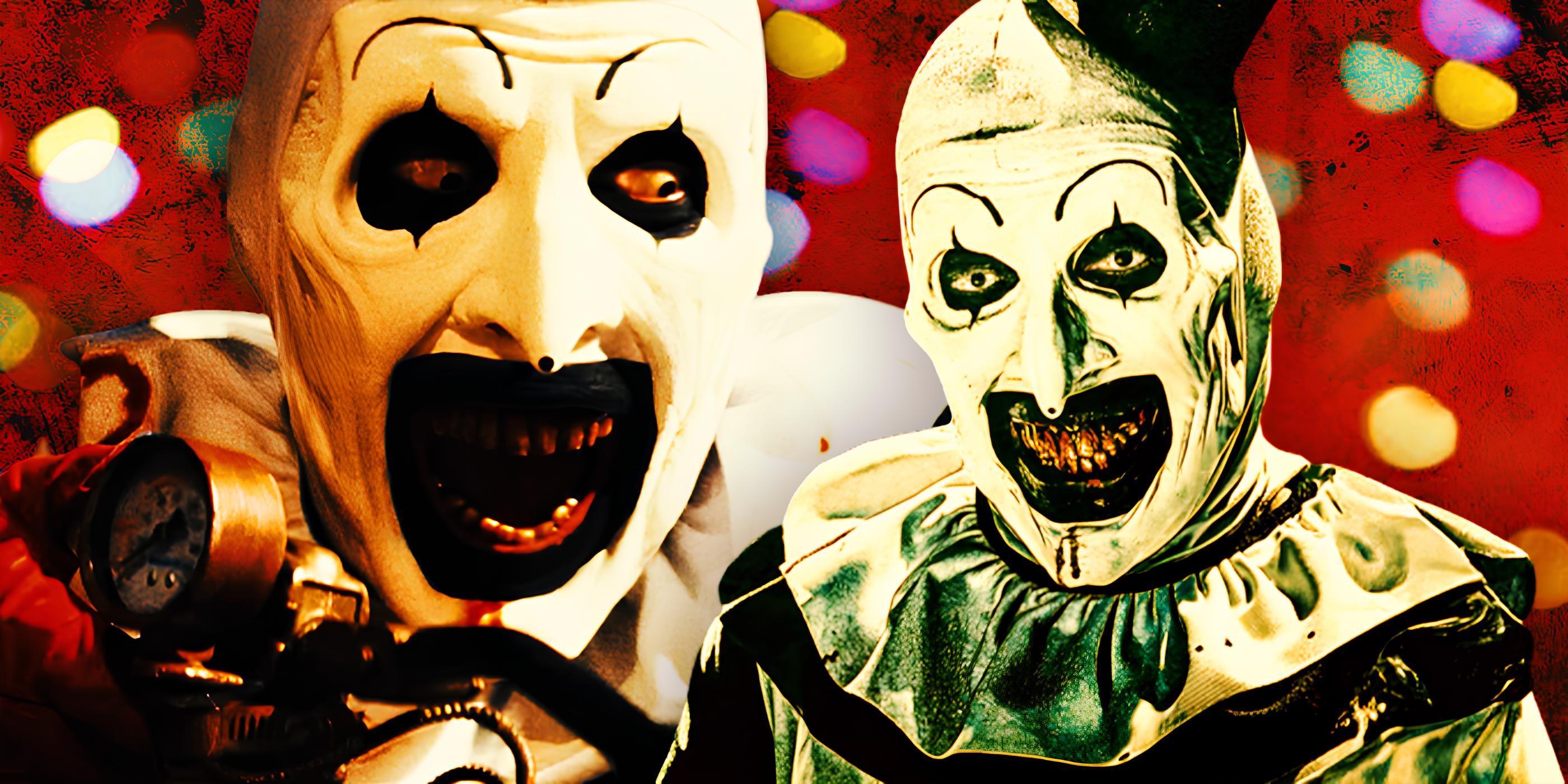
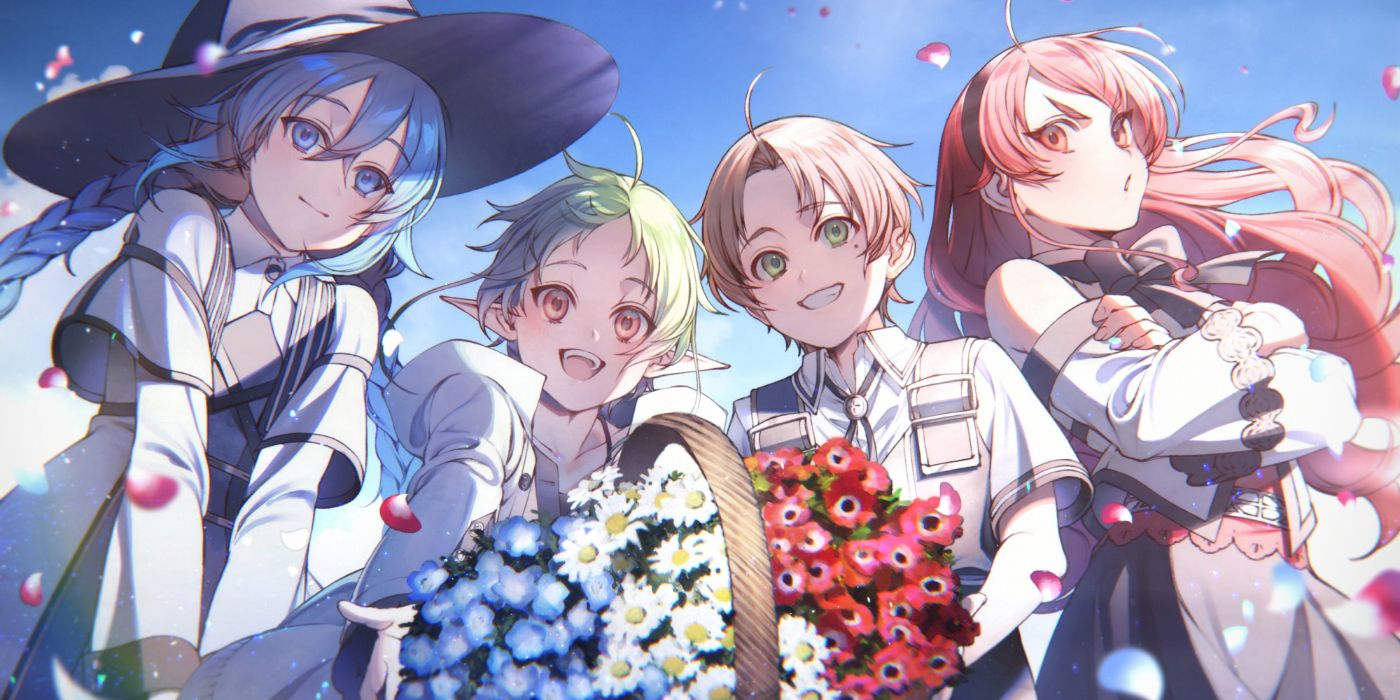
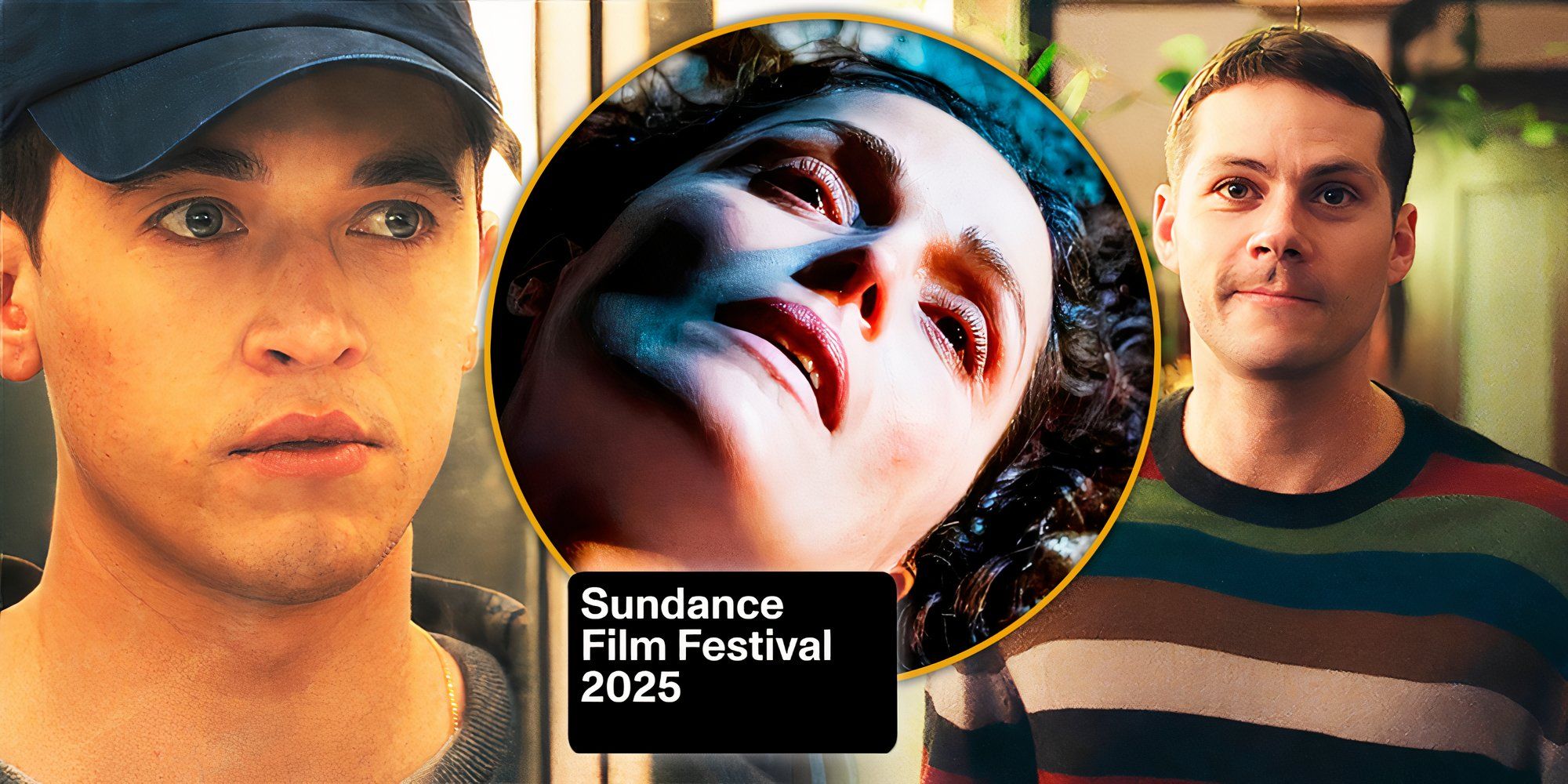





 English (US) ·
English (US) ·